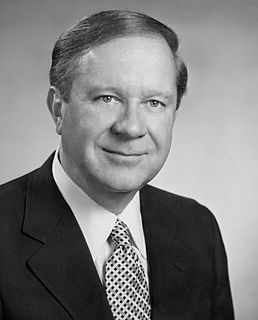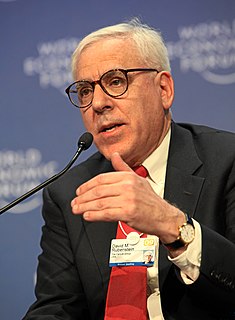A Quote by Kevin Brady
As chairman of the House Ways and Means Committee - the chief tax-writing body in Congress - I understand that true comprehensive tax reform is tremendously difficult.
Related Quotes
The day after Republicans won solid majorities in the House and Senate, House Speaker John Boehner and Senate Majority Leader-to-be Mitch McConnell outlined priorities for the newly elected Congress. High on the list is fundamental tax reform. In addition to overhauling the federal tax code, however, Congress should rein in the Internal Revenue Service.
Tax reform for the 21st century means rewarding hardworking families by closing unfair loopholes, lowering tax rates across the board, and simplifying the tax code dramatically. It demands reducing the tax burden on American businesses of all sizes so they can keep more of their income to invest in our communities.
I took office as president in January 2003, and in April 2003, I sent to Congress my first proposal for tax reform. Some parts were voted on, with respect to federal taxes, and then it came to a standstill. Why? Because each state is interested in its own tax reform, has its own tax policy, and each state has its federal deputies and senators.
Now, the president would like to do tax reform, which would obviously lower rates for most people in America and make the tax code fair and get rid of loopholes and special treatment. But absent tax reform, the president believes the right way to get our fiscal house in order is ask the wealthy to pay their fair share.
I don't think this is a situation where you can say that Congress was avoiding any mention of the tax power. It'd be one thing if Congress explicitly disavowed an exercise of the tax power. But given that it hasn't done so, it seems to me that it's - not only is it fair to read this as an exercise of the tax power, but this court has got an obligation to construe it as an exercise of the tax power if it can be upheld on that basis.





























